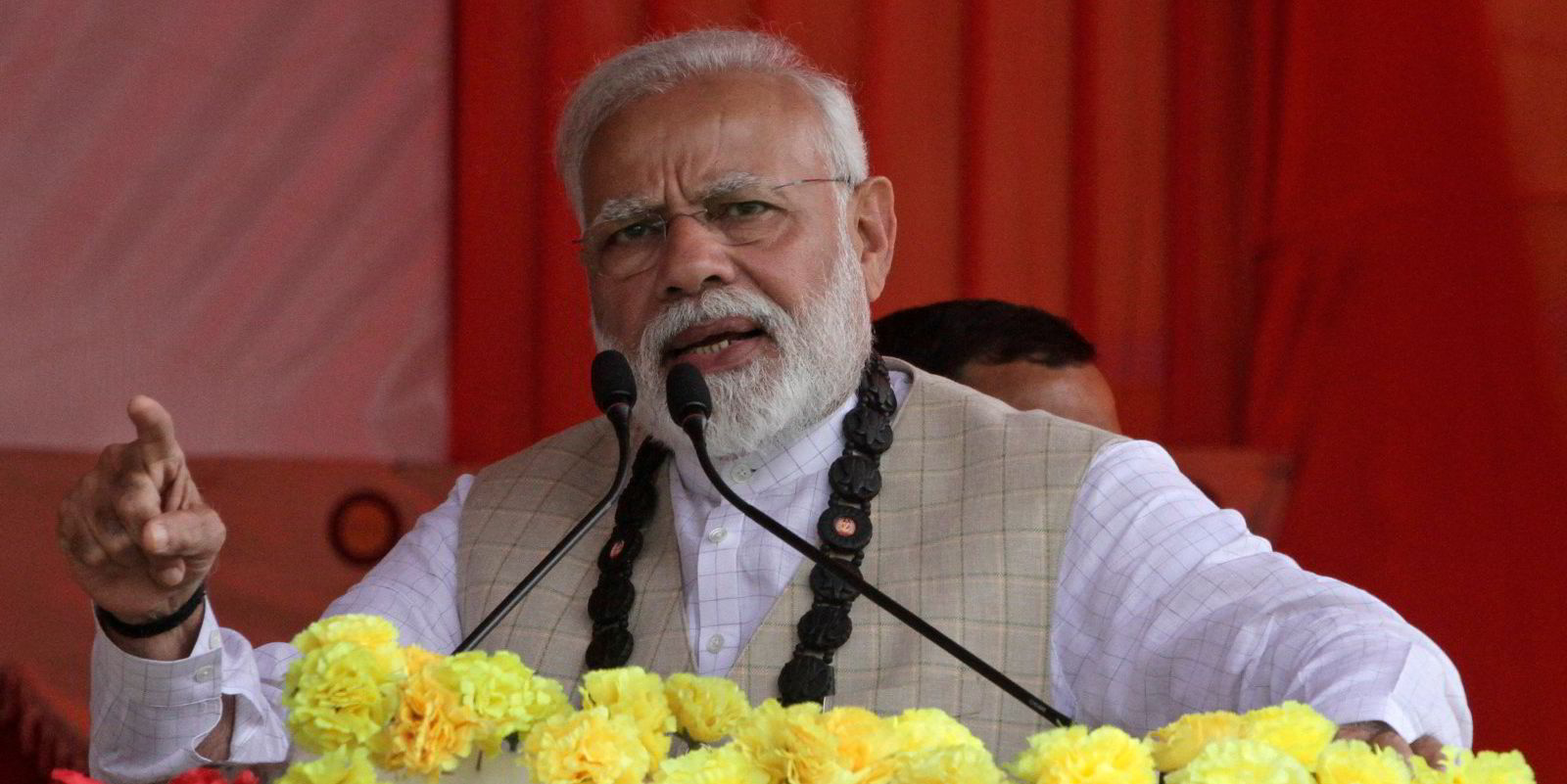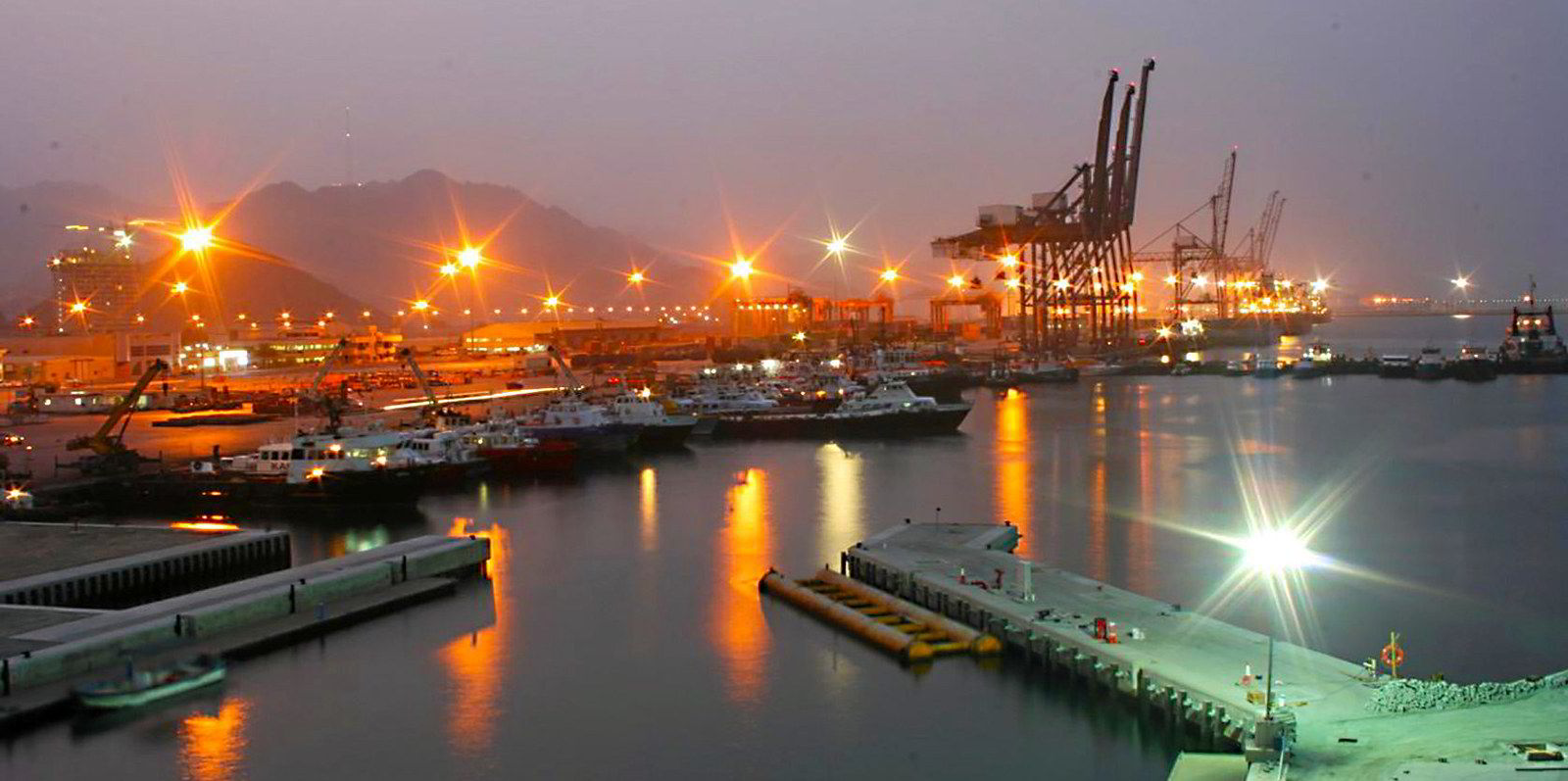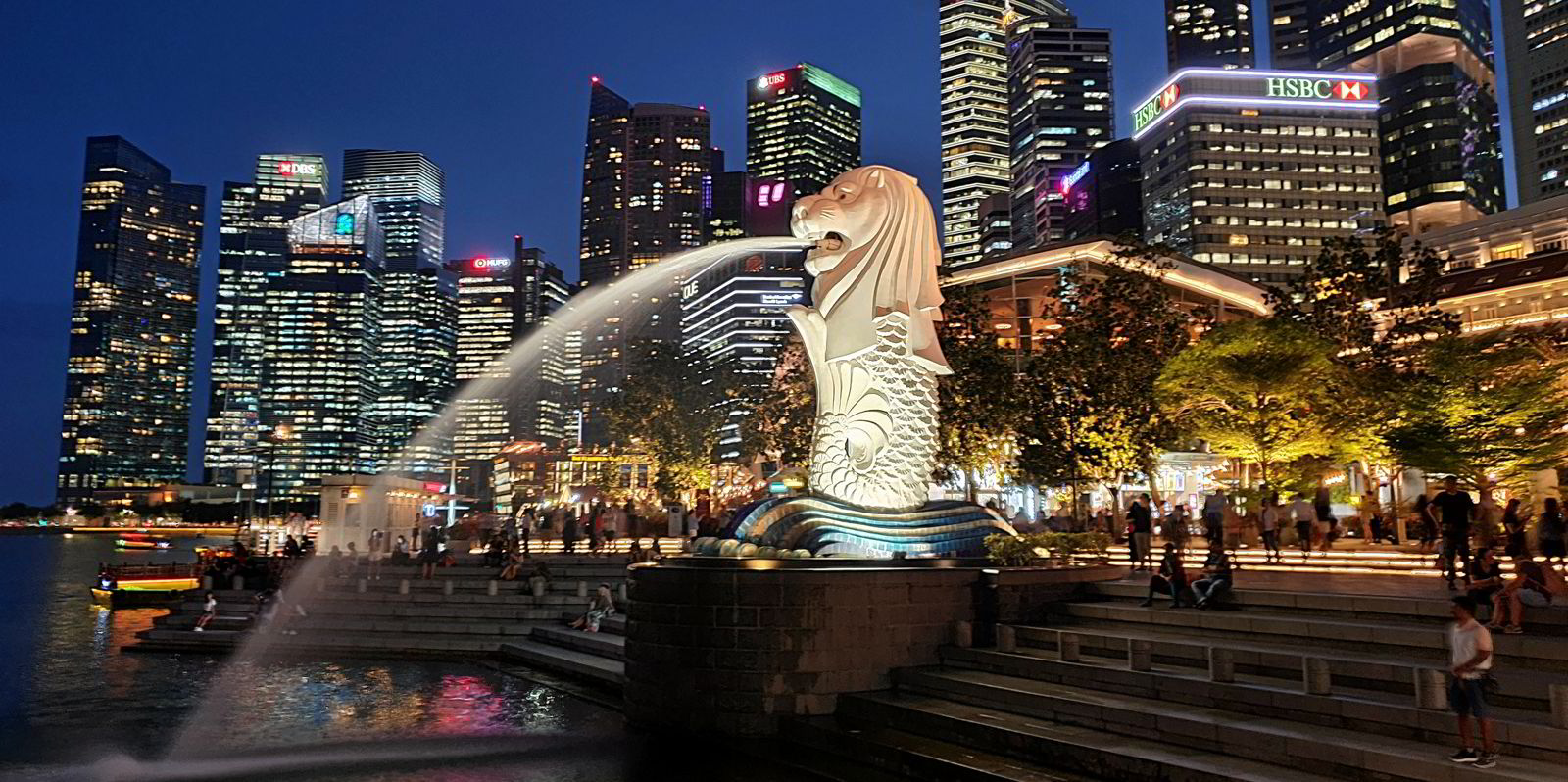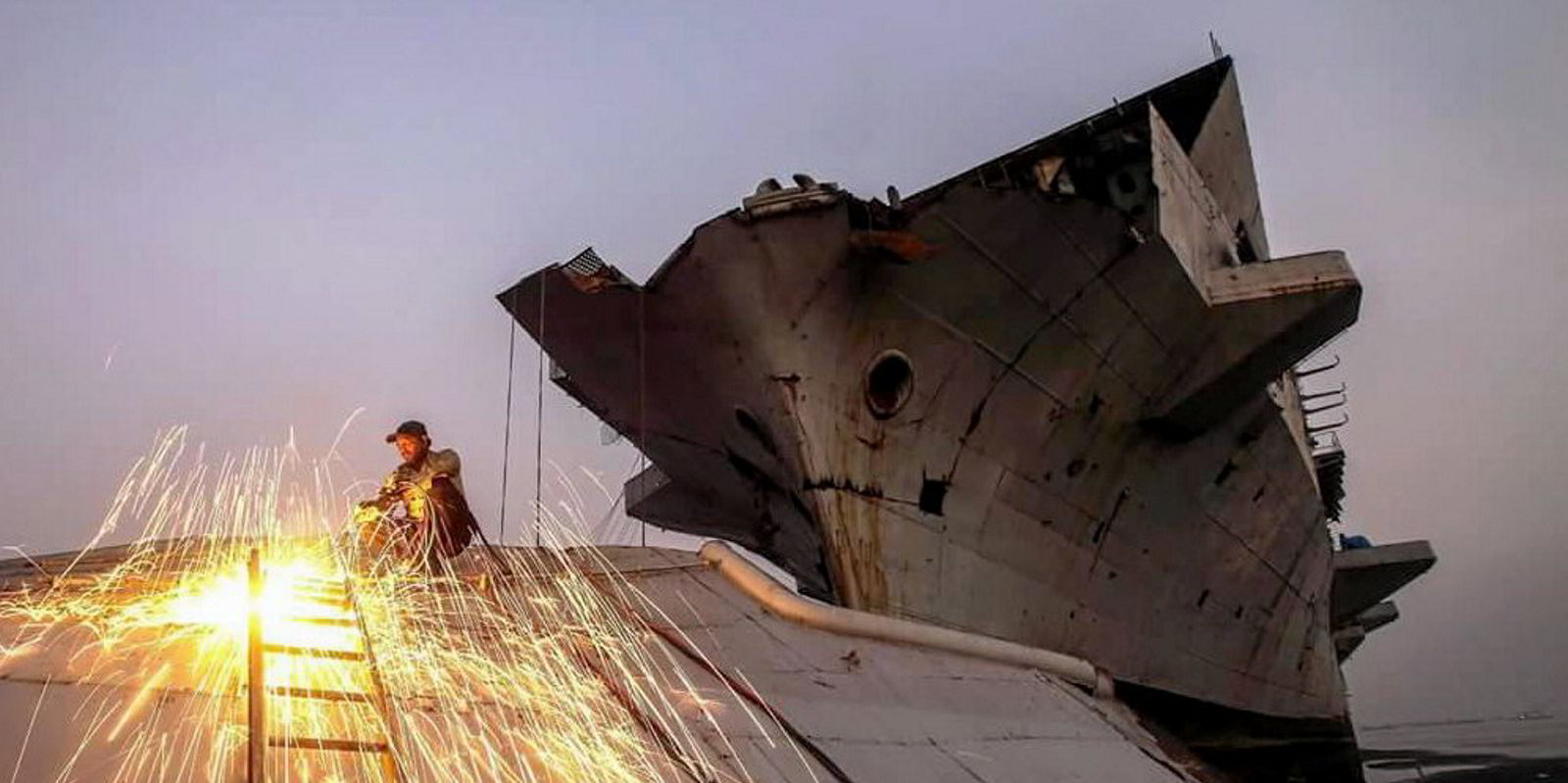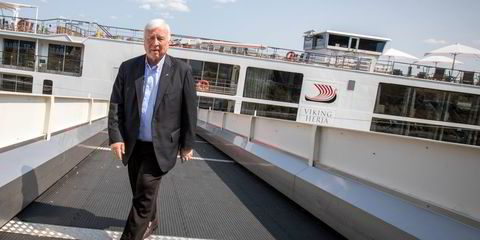India has started to vaccinate seafarers in Mumbai as major ports around the world turn away its seafarers and prevents them from carrying out crew changes.
So far major, crew exchange ports in Singapore, Fujairah, Hong Kong and Indonesia have declared that they will not allow recent travellers from India to disembark or carry out crew changes at their ports.
The measures rule out crew exchange taking place involving joiners from India replacing their compatriots who have completed their time at sea.
The new restrictions come after the extraordinary spread of the coronavirus in India, which is reaching crisis point with more than 300,000 infections reported daily.
Progress to date on seafarer vaccinations has been slow, with frustrations surfacing on Tuesday when the president of the international ship management association Intermanager, Mark O'Neil, appeared to have given up on international solutions, saying his organisation would now seek to source vaccines independently.
However, TradeWinds understands that last weekend the government of India's Prime Minister Narendra Modi decided to immediately open up vaccinations to the country’s seafarers.
The Mumbai Port Trust Hospital has been designated as a vaccine centre for seafarers of all ages who will sign onto a vessel in the next 60 days under their status as key workers. An online certification of vaccination will also be provided.
India's Directorate General of Shipping said: "It is highly advised that as far as possible seafarers get themselves vaccinated before signing on."
Belgium also announced this week that it is going to start a vaccination programme for its national seafarers.
There are fears that Indian seafarers will find the door closed at an increasing number of ports around the world as there seems to be no immediate let up in the spread of the virus in the country.
The next nightmare
One shipowner described it as “the next nightmare”.
He said: “I fear the next couple of months will turn nasty once again as these travel bans are bound to create massive issues, particularly for Indians.”
Synergy Marine chief executive Rajesh Unni told TradeWinds: "A few days ago, I was talking to one of our captains. He lost his mum five days before, he had lost his wife that day and he was waiting 14 hours to cremate her."
Unni also said he had been trying to see if there was any way to get a colleague from Chennai to Bopal, where his father had been hospitalised with Covid-19.
Synergy even investigated hiring a private plane, but nothing was available. The father was eventually asked to leave the hospital because a bed was needed for someone younger.

"People are making these choices in hospital of who should live and who should not," Unni said.
The vaccinations in India comes as Cyprus tabled a proposal at the International Labour Organization last week for the establishment of vaccination hubs around the world to inoculate seafarers that cannot access vaccines at home.
The proposal was made at an ILO tripartite meeting between governments' employers and unions to discuss the Maritime Labour Convention (MLC) of 2006.
At the meeting, shipowner representatives urged governments to stick to the obligations that come with giving seafarers a key worker status.
So far only the UK has stuck to the MLC convention and exempted Indian seafarers under their status as key workers from a national ban on travellers from India.
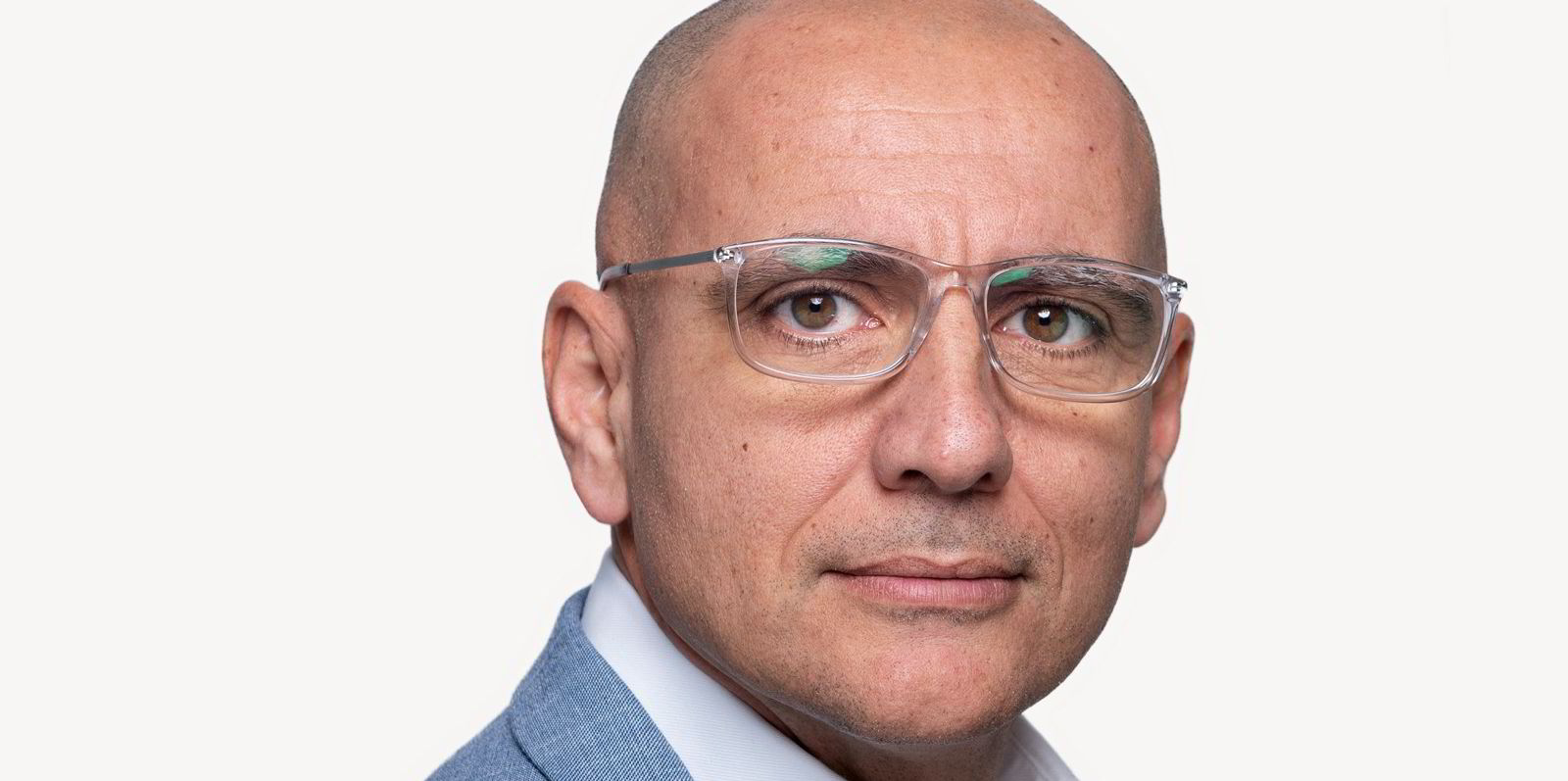
International Maritime Employers' Council chief executive Francesco Gagiulo said: “We hope to see many others follow this example and show respect for both the MLC and the IMO recommended framework of protocols for safe crew changes that the industry had worked so hard to establish and comply with.”
Signatories to MLC are legally required to facilitate seafarers’ rights to repatriation and to access medical care.
Shipowners attending the tripartite meeting made a number of proposals including for flexibility on travel documentation for seafarers and for the establishment of a United Nations interagency task force to examine the application of MLC.
Around 200,000 seafarers are estimated to be trapped at sea by travel and quarantine restrictions to stop the spread of coronavirus. There are an equal number of joiners who are being prevented from travelling to relieve them.
At the peak of the crisis, there were close to 400,000 seafarers working at sea and unable to get home.
